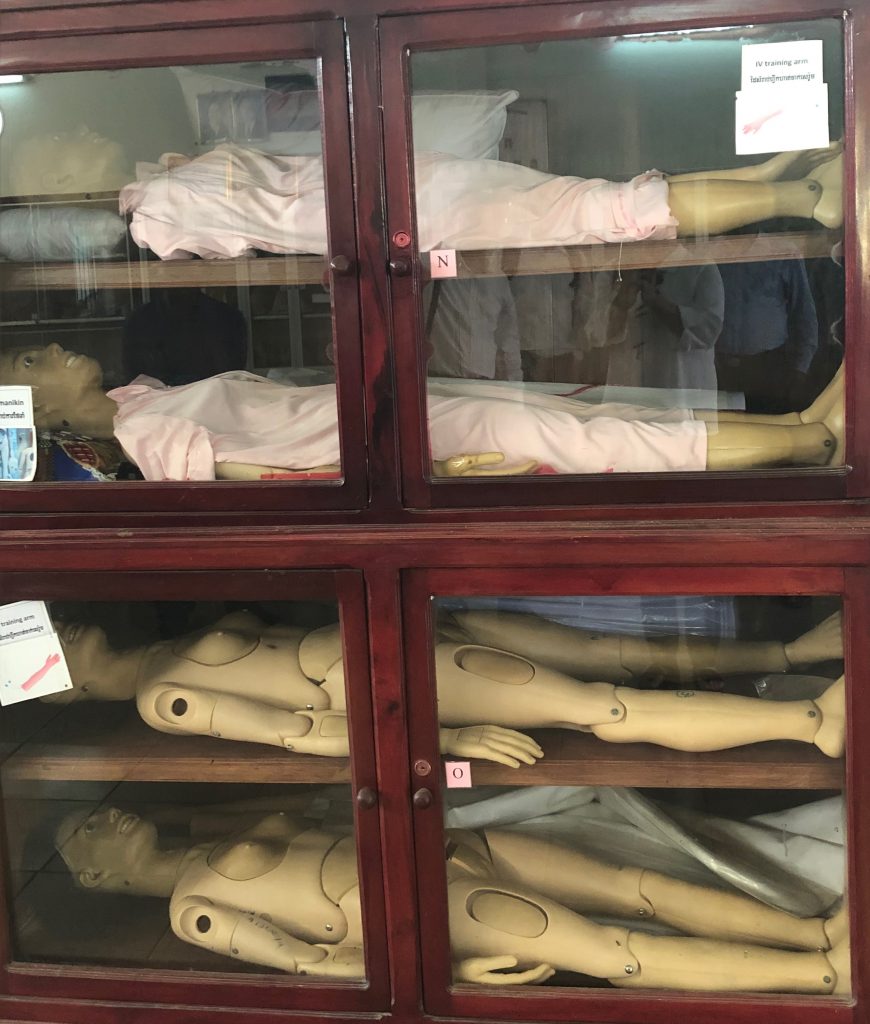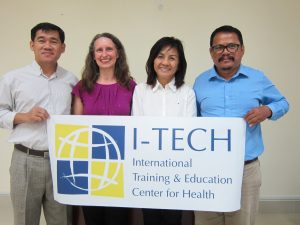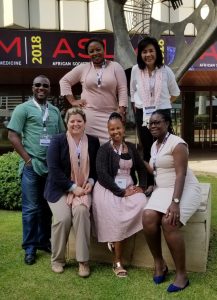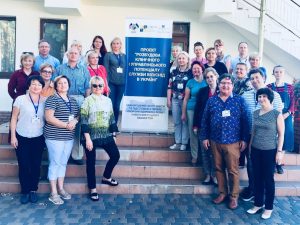For nearly a decade I-TECH has worked in Côte d’Ivoire in collaboration with the US Centers for Disease Control and Prevention to develop and implement an electronic laboratory information system (LIS) in key laboratories. In order to respond to evolving data needs and ensure timely access to quality laboratory data, an electronic LIS requires ongoing development and continuous user training and technical support.
Previously, from 2015-2017 I-TECH worked closely with the Ivorian Ministry of Health and Public Hygiene (MSHP)’s Directorate of Informatics and Sanitary Information (DIIS) to identify, develop and reinforce the capacity of local professionals to lead and conduct LIS training, deployment, and maintenance activities in anticipation of national roll-out of the LIS at 96 general hospital laboratories. As part of this effort, and in collaboration with the DIIS, I-TECH trained users and deployed LIS at 13 national and regional level laboratories. Between 2013 and 2015, the total number of local professionals competent in LIS deployment increased to 24 local LIS support providers, while the number of in-country LIS trainers increased to 27. Within ten months, local IT providers and trainers trained over 75 health care workers to use an LIS and implemented an LIS at 36 laboratories. During supervision visits to 26 laboratories, within 4 to 6 months post-installation, 25 out of 26 (96%) of laboratories were actively using the LIS.
More recently, Côte d’Ivoire International Training and Education for Health (I-TECH CIV), I-TECH’s local partner in Côte d’Ivoire, has started working directly with CDC and DIIS and continued to engage I-TECH computer developers and deployment strategists to continue the progress with LIS.
I-TECH continues to make considerable progress with code base development for OpenELIS. For more information, visit the OpenELIS Global website.





